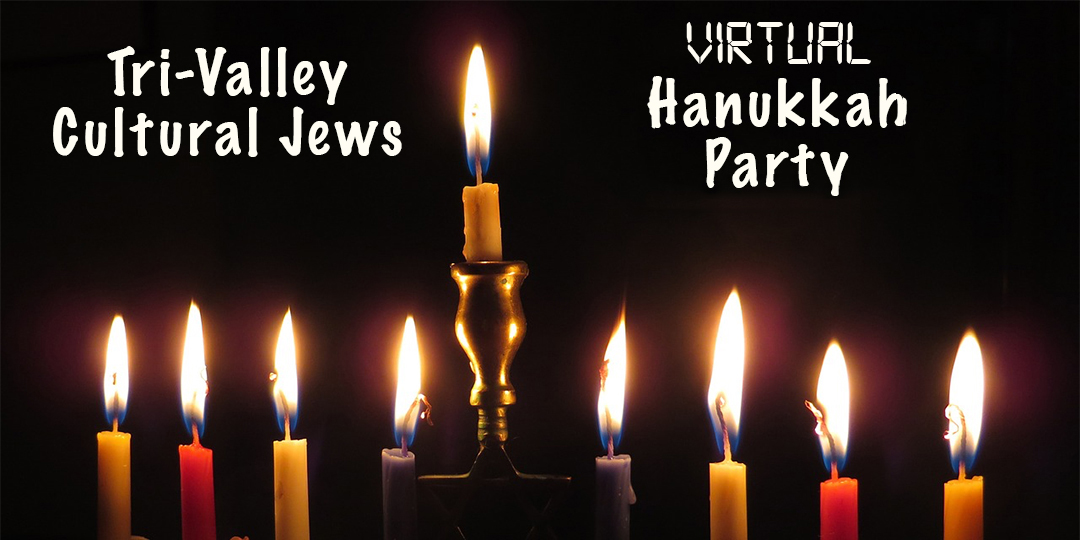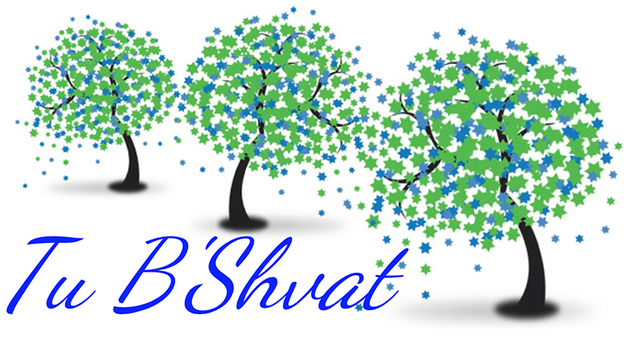Every year, as part of our Shavous celebration, we all recommend our favorite books from the past year. Here are this year’s recommendations from some of our members.
You can click on any title to be taken to an Amazon page to order that book.

Every year, as part of our Shavous celebration, we all recommend our favorite books from the past year. Here are this year’s recommendations from some of our members.
You can click on any title to be taken to an Amazon page to order that book.
If you don’t do what I say, then I’m going to hurt someone you don’t care about! Does that sound like a good way to force someone to do what you want? No? But that’s what happens in the story of Pesakh (Passover).
Ancient Egypt was ruled by an absolute monarch who owned all land and whatever it produced. The entire populace worked for him. We read in Genesis that all the grain in the country belonged to the Pharaoh and that the people who grew the grain then had to pay the Pharaoh if they wanted some to eat. Clearly, the Pharaoh did not care about the residents of Egypt.
The story tells us that after Moses asked the Pharaoh to let the Israelites leave and the Pharaoh’s refusal, 10 plagues befell Egypt to force the Pharaoh to accede to Moses’ request.
Why didn’t the first 9 plagues work? Water pollution, frogs, lice, wild animals, livestock disease, boils, hail and locusts devastated ordinary Egyptians. Even if the locusts ate the crops, whatever was left went to the Pharaoh. Giant hail didn’t hurt the Pharaoh’s palace as it might the homes of poorer people. Livestock disease meant that the ordinary farmers had nothing to eat and didn’t have livestock to sell to buy food from the Pharaoh. All these terrible plagues did nothing to change the Pharaoh’s mind because they happened to people he did not care about. Not until the 10th plague that killed his heir did he relent.
So, why did the authors of the story have the god send the first nine plagues, these destructive natural disasters? It was pretty obvious that they wouldn’t work to affect the ruler. They only hurt ordinary people who weren’t responsible for the economic system of the country.
Well, I don’t really know why the authors included this story – although one can assume it was to show the power of their god – but I do know what we can learn from it because we see the lessons playing out in our time. We see that natural disasters devastate ordinary people but that big shots like, say, US Senators, can always escape them. If we’d paid attention to the plague story, we’d have been less shocked. We see that economic sanctions that countries put on other countries really hurt only the ordinary people – not the Ayatollahs or the Putins. If we’d paid attention to the plague story, we’d have known this.
So let’s remember when we try to influence other countries that hurting ordinary people is not the best way to achieve our goals. And let’s remember that we should elect officials who actually care about ordinary people.

Come join us for a secular humanistic menorah lighting and naming ceremony. Bring your menorah and candles. We will also play dreidel virtually.
Friday, December 11th from 7-8pm.
We ask for a donation of $10 for non-member adults.
Please contact Jamie at culturaljews@gmail.com for the registration link.
by Scott Pepper
Growing up in a conversative Jewish household, I came to dread the High Holidays. Yom Kippur meant hour upon hour of services in impenetrable Hebrew standing in an uncomfortable suit, hunger gnawing all the while. Rosh Hashanah was only better in the sense that there was no fasting, but then stretched across two days rather than one. I had little care for the significance of the days, and even the fact that it usually meant missing a few days of school was little consolation when measured against the discomfort and boredom. In discussions with others who were raised in conservative or traditional Judaism, I learned that I was not alone in this opinion.
As an adult, I have a greater appreciation for the meaning behind these days, but little interest in subjecting myself or my own children to what I mostly remember as torment.
However, the High Holidays as celebrated by Tri-Valley Cultural Jews bear little resemblance to my prior experience. The focus is on the meaning of the days, but expressed in contemporary terms that are both more relatable to secular Jews of all ages and surprisingly enjoyable. The key rituals remain — the blowing of the shofar, Tashlich, the round challah — but they are framed in a modern and meaningful way.
So today, rather than dreading the High Holidays, I find myself looking forward to them, more fully able to appreciate their significance and the opportunity to celebrate with the TVCJ community.

A Livermore Area Recreation and Parks District Ranger will join us again this year for an exciting program about native trees and the animals that depend on them. In addition, to honor greening efforts in the Bay Area, children will take home pre-planted native oak tree seedlings, and receive instruction on their care and feeding and when and where to plant them. Following these activities will be a yummy pot-luck lunch, accompanied by music and singing. Please bring a dish to share. Since we have members who are dairy- and/or gluten-free, please bring a card with your dish that lists the ingredients. In keeping with this holiday tradition, you are encouraged to include one or more of the following ingredients: Dates, Figs, Oranges, Almonds,Raisins, Olives, Carob.
Date: February 9
Time: 10:15 – 1:00
Venue: Bothwell Arts Center. 2466 8th Street, Livermore
Cost: $10 per non-member adult

TVCJ’s annual community seder will be held at the Bothwell Arts Center, 2466 8th Street in Livermore on Saturday, April 20 at 5 p.m. Reservations are required. To reserve a space and receive a potluck assignment, please call (510) 888-1404 or e-mail Reservations@EastBayCulturalJews.org by April 15. Food need not be kosher for Passover. There is a requested donation of $25/adult non-member of TVCJ. Children are welcome. Our secular seder, replete with songs of resistance and hope, uses an English-language progressive Secular haggadah highlighting the power of community and the value of freedom. The hour-long ceremony, followed by a potluck dinner, is family-friendly (but not child-centered).

LARPD Ranger Amy will lead the group on a hike along the Arroyo del Valle. We will look for the plants and animals that call this area home. We are sure to find lots of cool bugs and other creatures along the way! We plan to walk rain or shine so please dress appropriately and wear comfortable shoes. Please bring a potluck dish to share. We have members that are dairy-free and gluten-free so please indicate on an index card your ingredients. Potluck at Noon.
When: Sunday, January 27th, 2019, 10:30am – 12:30pmWhere: Sycamore Grove Park Parking Lot, 1051 Wetmore Rd, Livermore, CA 94550
Cost: FREE for members and children, $10.00 per non-member adult